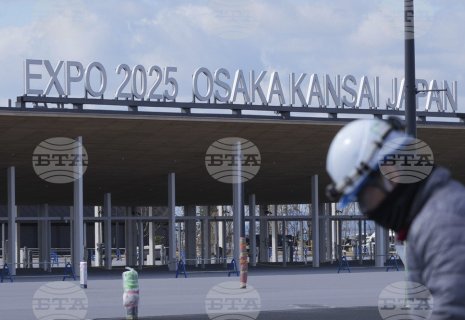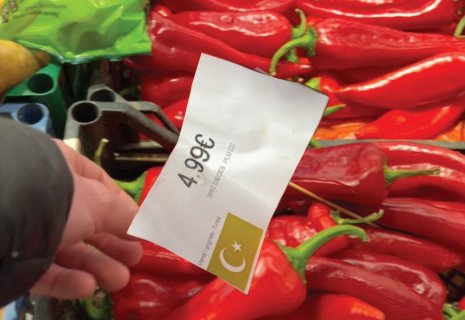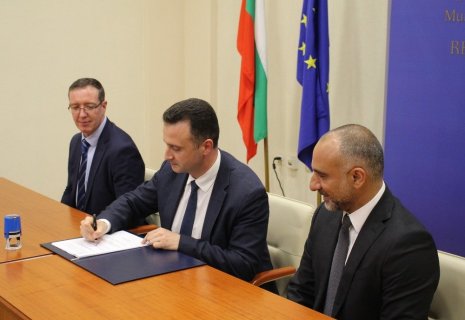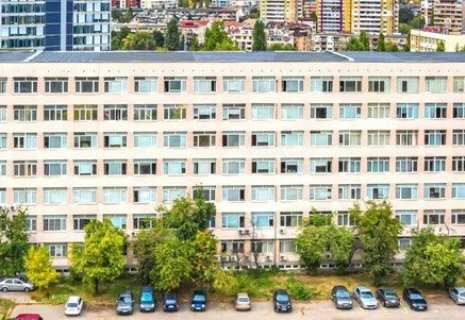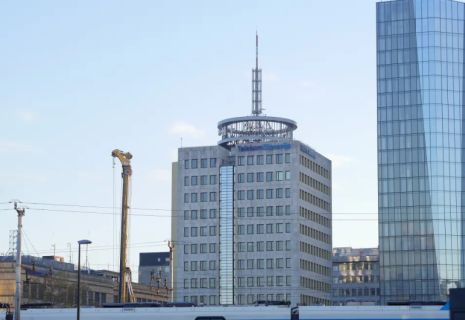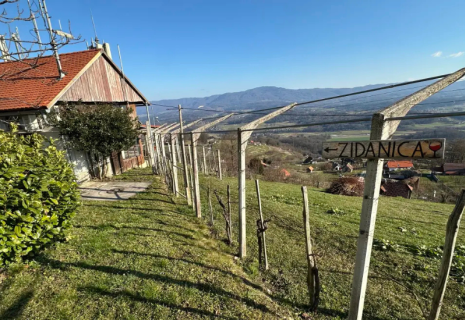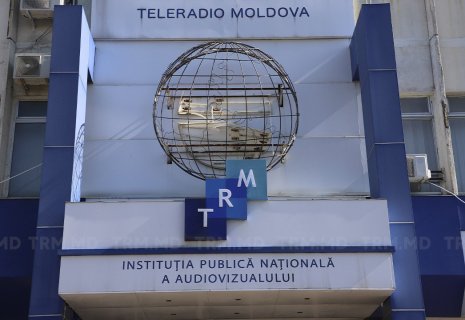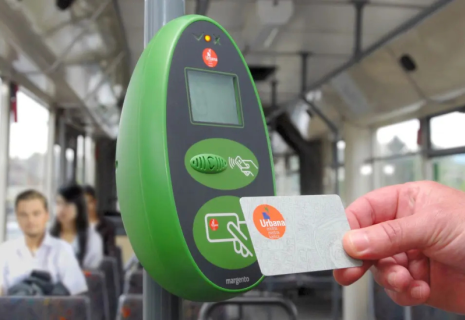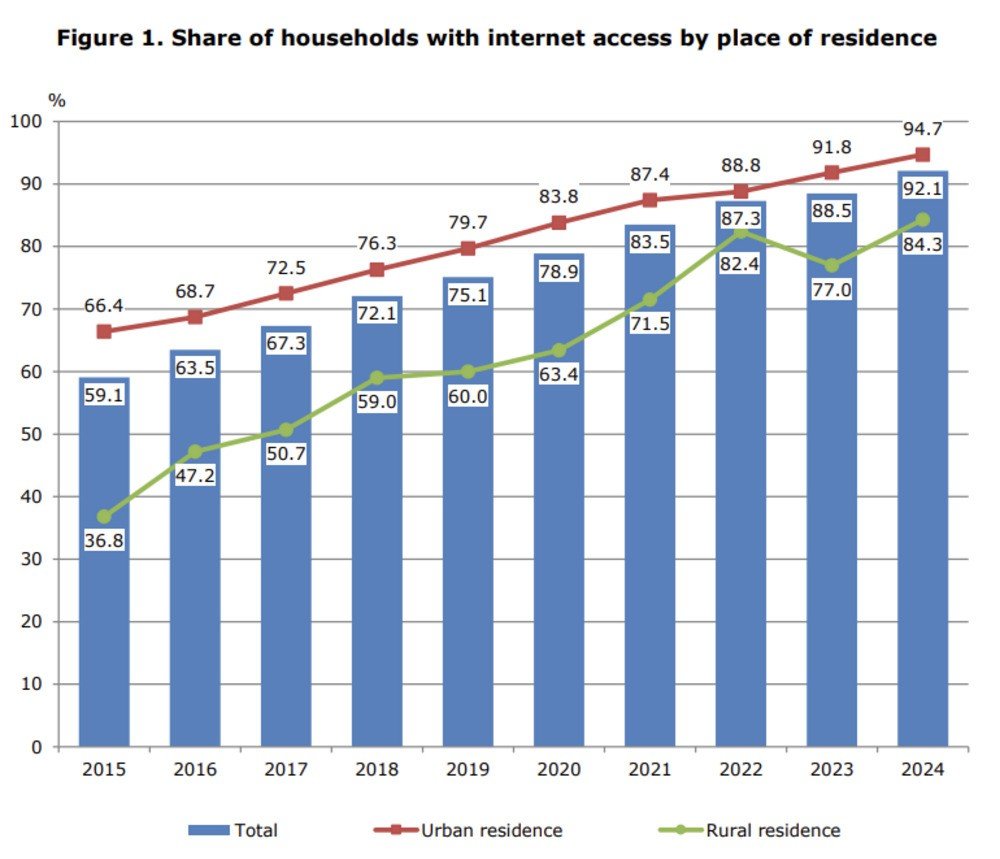
Internet Access and Usage in Bulgaria: 2024 Trends
The share of households with internet access in Bulgaria continued to grow in 2024, reaching 92.1%, a 3.6 percentage point increase from the previous year, according to the National Statistical Institute. Urban households led with 94.7% having access, compared to 84.3% in rural areas. Among households with children, the figure was even higher at 98.4%, CE Report quotes BTA
Internet Usage and Demographics
Approximately 81.9% of individuals aged 16 to 74 used the internet daily or weekly, while the proportion of people who had never used the internet dropped to 9.3%. Students (96.7%), individuals with university education (94.5%), and younger age groups (16-34 years) were the most frequent users. Internet use among those aged 65-74 more than doubled over five years.
Women were more likely than men to search for health-related information online (47.4% vs. 32%). Communication remained the top activity, with 71.4% making phone or video calls and 65% engaging on social media.
eGovernment Services
In 2024, 31.8% of internet users interacted with public authorities online, up 2.1 percentage points from the previous year. The most common use was accessing personal information (19.4%). However, technical issues and user-unfriendly designs were common barriers, affecting 19.9% and 12.1% of users, respectively.
Online Shopping
Nearly half of Bulgarians (49.8%) shopped online in 2024, marking an 18.9 percentage point increase over five years. Popular purchases included clothing (78.9%), accommodation (38%), transport services (34.8%), and beauty products (32.7%). Women, university-educated individuals, and those aged 25-34 were the most active online shoppers.
Barriers to Internet Access
The primary reasons for not having internet at home were lack of skills (3.6%), perceived lack of necessity (3.5%), and high costs (1.2%).
These trends underscore Bulgaria's increasing digital connectivity and the evolving patterns of internet use across different demographics.


